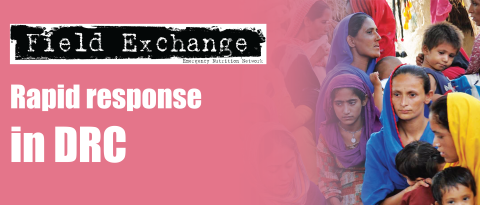The Lancet/AUB Joint Commission on Syria: Health in Conflictmailt
Summary of article1
Location: Syria
What we know: The ongoing war in Syria has led to huge costs in terms of lives lost, with gross violations of international law and immense challenges in humanitarian response.
What this article adds: The Lancet and the American University of Beirut (AUB) have established a joint commission on Syria: Health in Conflict to describe and analyse the extreme humanitarian situation. The Commission will engage a regional and global network of researchers, practitioners and experts to build evidence for its recommendations. It looks to galvanise action all around a cause of shared humanity.
With the war in Syria reaching new levels of human suffering, The Lancet and the American University of Beirut (AUB) have established a joint commission on Syria: Health in Conflict to describe and analyse the extreme humanitarian situation. Through a lens of health and wellbeing, the initiative aims to assess issues of high mortality and morbidity; disruptions of home, family, settlement and environment; and extensive loss. The Commission’s first task is identifying the costs and burden of war and examining the challenges of the international response to the crisis. From this, it will develop recommendations to address the unmet current and future health needs. These cover rebuilding and strengthening the global health response to political conflict, including lessons for future crisis.
Participants at the Commission’s first meeting in Beirut, Lebanon in December, 2016, recognised the collective responsibility of the global health community to respond through research, collaboration and advocacy on matters of life and death in conflict, as health professionals in an increasingly violent world.
That many of the events and facts in the Syria crisis are well-known – at least 250,000 people dead (recent estimates exceed 400,000), 13 million Syrians displaced, countless numbers of surviving wounded with amputations and severe burns – underscores the enormity of inaction. The past five years have seen gross violations of international law, such as chemical attacks on civilians, targeting of health facilities and health personnel, and blocking communities’ access to food, water and medicine. These methods of war have gone unchallenged and there has been little coordinated action against the perpetrators of war crimes and atrocities. The Commission is a call from the global health community not to stand by but to have its voice heard.
The Syria story, best told by Syrians and other people from the region, is complex, with many challenges of scope. Some topics, such as the local delivery of aid across conflict lines and transcontinental refugee flows, are global subjects backed by United Nations (UN) Security Council resolutions. Syria’s conflict has thrown colonial-era geographical boundaries into question, posing challenges for health intervention. The Commission intends to address the conflict’s complexity through engaging a regional and global network of researchers, practitioners and experts to build evidence for its recommendations.
The first report is due in March, 2018. However, due to the urgency of the situation, there will be a number of publications and events at global health meetings throughout 2017 to present interim findings, encourage dialogue and push for change, adding an advocacy dimension at the outset. Whether the Commission is able to achieve its objectives will depend on its ability to inspire and mobilise a global community of researchers, practitioners and policy makers around a cause of shared humanity. Syria is described as the mirror in which the world faces the grim reality of its dismal failure at all levels of politics, law, governance and solidarity. The Commission’s intention is to inspire health professionals to call on countries to recommit to protecting humanity from the twin scourges of war and indifference.
The Commission calls on the international community to submit evidence and research to inform the inquiry. Please submit manuscripts through The Lancet’s online ees submission system (ees.elsevier.com/Thelancet) and state in your cover letter that your submission is in response to the Commission’s call for papers.
For more information, contact Samer Jabbour: Faculty of Health Sciences, American University of Beirut, PO Box 11-0236, Riad El Solh 1107 2020, Beirut, Lebanon, email:j22@aub.edu.lb
Footnotes
1 The Lancet-American University of Beirut Commission on Syria:
A new role for global health in conflict and a call for papers. www.thelancet.com Vol 388 December 17/24/31, 2016.


